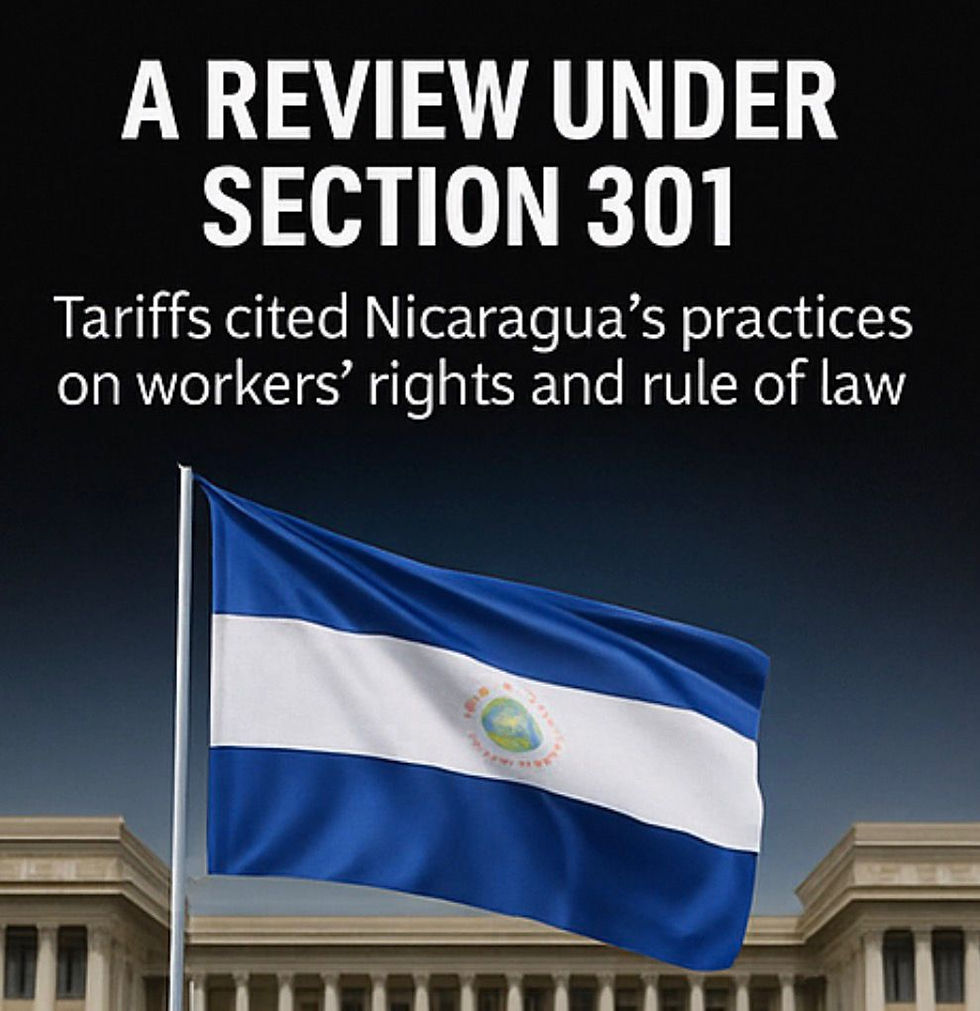The Boutique Boom - How Small Cigar Brands Are Reshaping the Market
- Puro Tobacco
- Sep 27
- 2 min read
In an industry long dominated by heritage names and century-old factories, boutique cigar brands are rewriting the rules. Over the last decade, smaller producers have surged in visibility, crafting distinctive blends, telling personal stories, and connecting directly with consumers. This “boutique boom” is not just a passing trend—it is reshaping the landscape of premium cigars.
What Defines a Boutique Cigar?
Boutique cigars are generally made in smaller batches, often using limited tobaccos and experimental blends. Unlike large-scale factories, boutiques prioritize uniqueness over volume. They frequently collaborate with renowned blenders, creating cigars that may be released only once or in very limited numbers.
For many smokers, boutique cigars represent authenticity. They offer a chance to discover something rare, handcrafted, and personal—a stark contrast to the mass-market feel of more established lines.
Why the Movement Took Off
Several factors explain why boutique cigars have flourished:
Consumer Curiosity – Today’s smokers are eager to explore. They want to taste different regions, blends, and strengths rather than stick with a single brand.
Social Media & Storytelling – Platforms like Instagram and YouTube have given small brands a voice. A compelling story and good photography can catapult a new release into global visibility.
Craftsmanship Appeal – As artisanal culture grows in food, spirits, and coffee, cigars are part of the same conversation. Smokers want to support small-batch makers who emphasize craft.
Impact on the Market
Boutiques have created a ripple effect across the industry. Larger companies, recognizing consumer demand for novelty, have responded with limited editions of their own. This competitive dynamic has resulted in more innovation overall, to the benefit of smokers.
Retailers, too, have adapted. Many shops now dedicate humidor space specifically to boutique lines, recognizing that these cigars attract curious customers who may also buy established favorites.
Challenges Boutique Brands Face
Yet the path is not easy. Boutique makers often struggle with consistency, as rare tobaccos run out and small factories lack the infrastructure of larger players. Distribution can also be a hurdle—without established networks, reaching major markets requires persistence.
Moreover, boutiques are vulnerable to shocks like crop failures or regulatory changes. A single setback can threaten survival. But for those who endure, the payoff is a loyal following and a reputation for originality.
Examples of Boutique Success
Brands like Black Label Trading Co., Warped, and Dunbarton Tobacco & Trust began as niche experiments and are now fixtures in the premium market. Their willingness to push boundaries has set them apart, inspiring the next generation of cigar entrepreneurs.
The Future of Boutique Cigars
As the boutique movement matures, it is likely to grow even more influential. Consumers now expect variety, and boutiques will continue to provide it. For smokers, the message is clear: the humidor of the future will not be filled only with household names but with an ever-expanding array of small-batch creations that redefine what “premium” can mean.




Comments